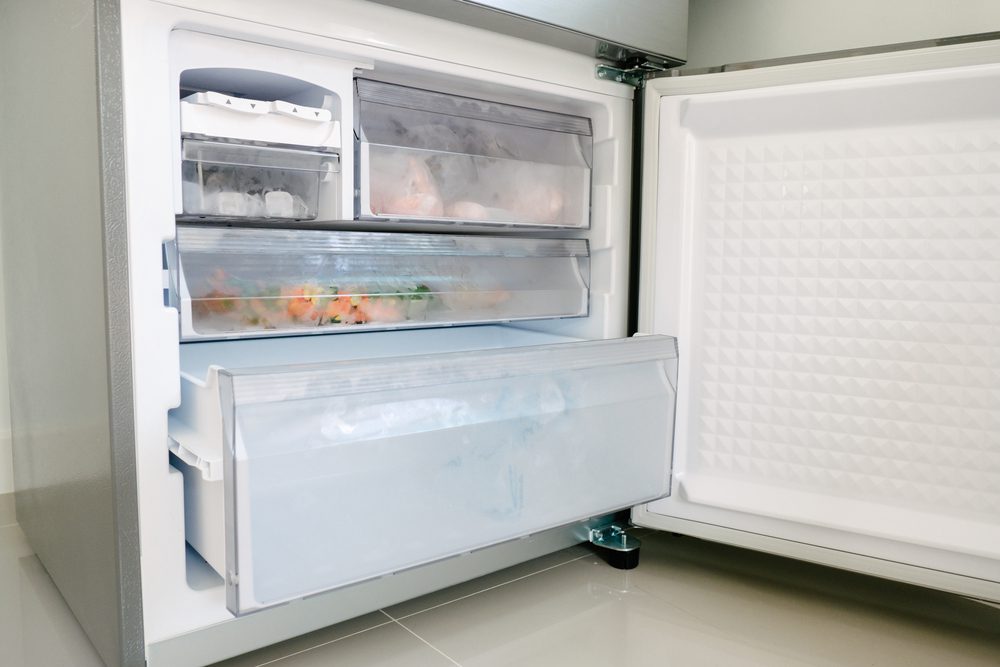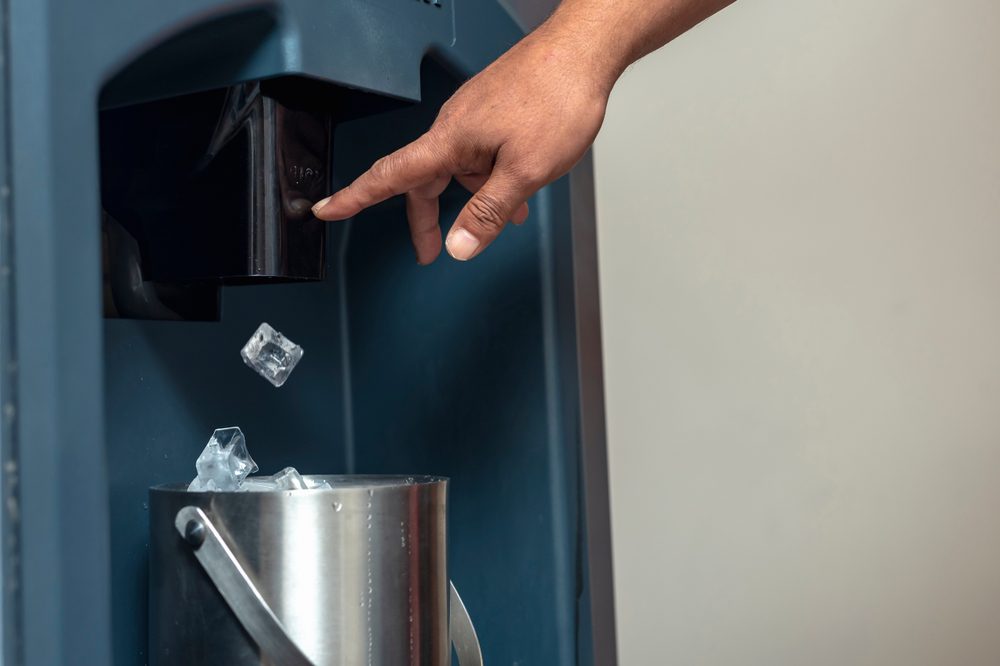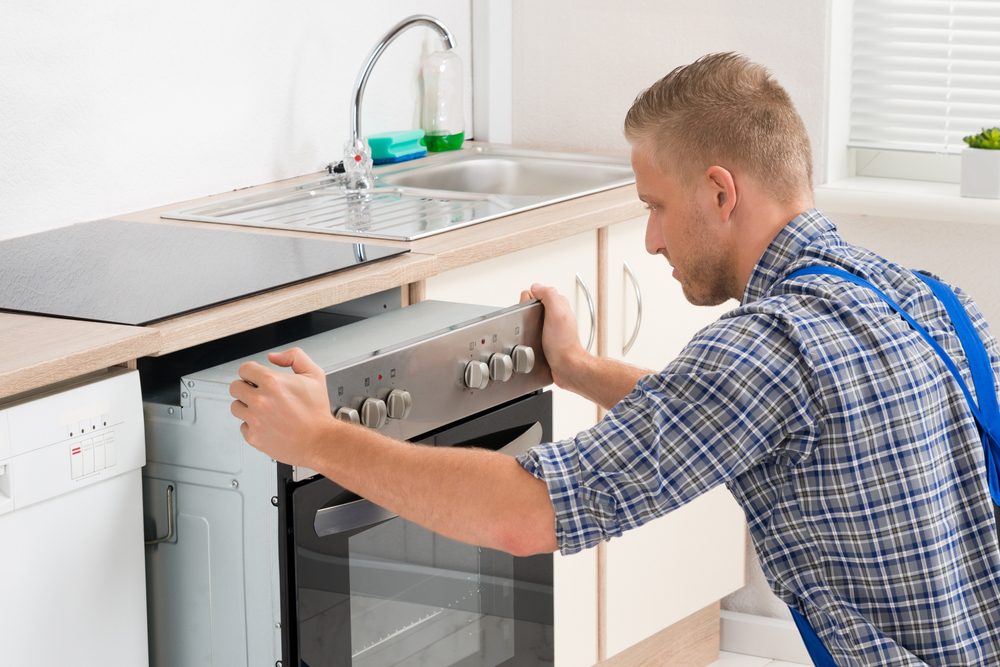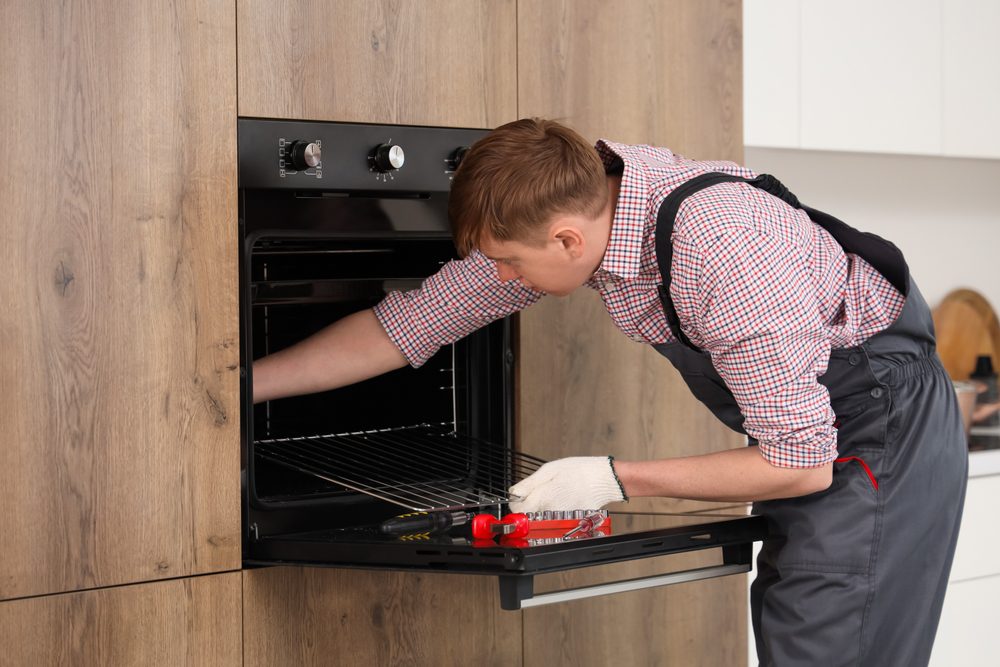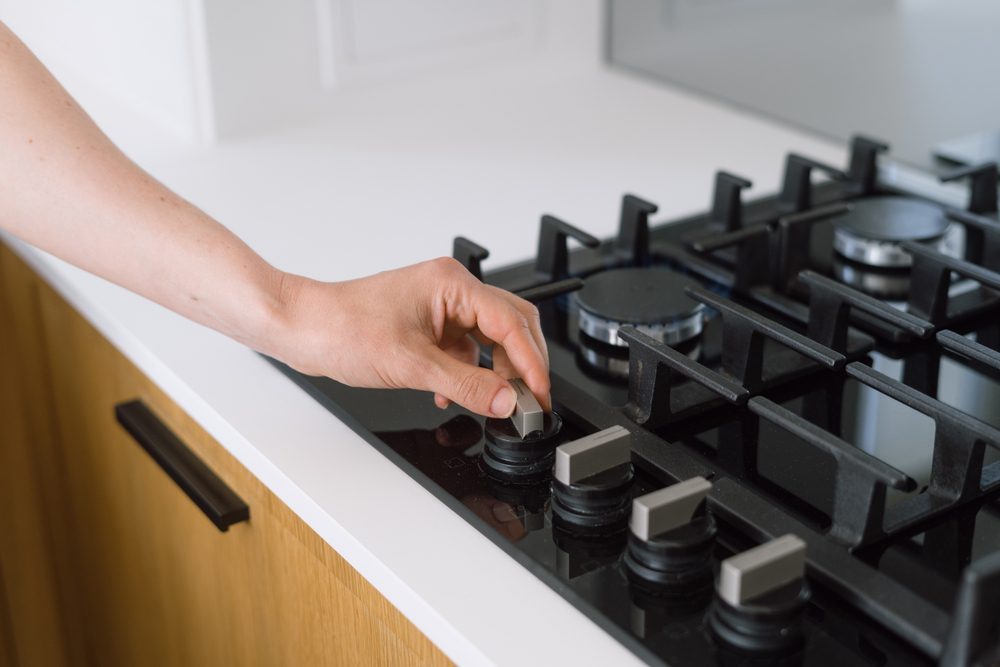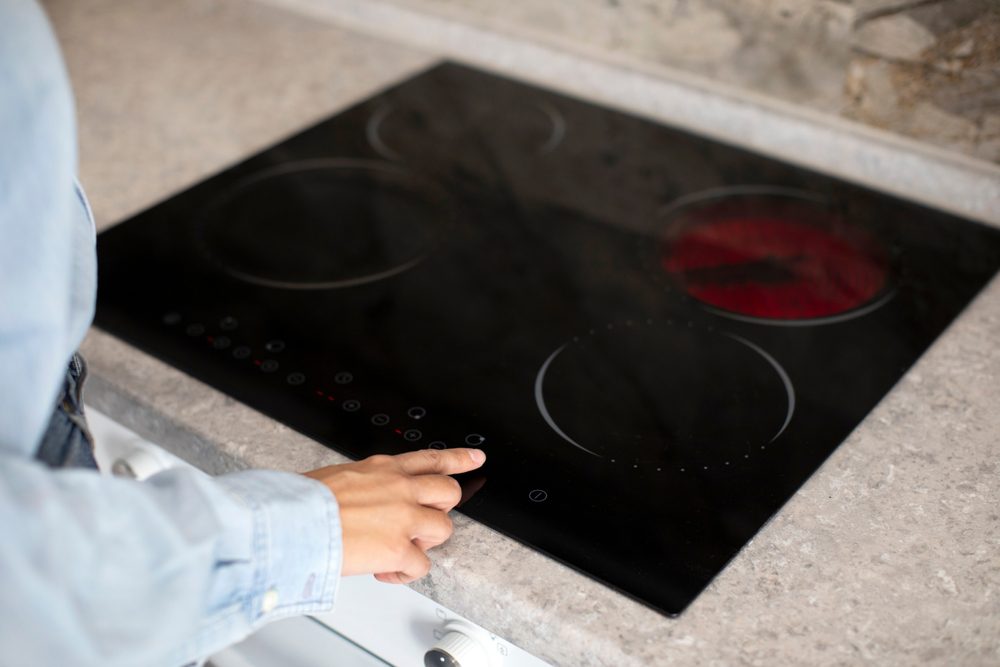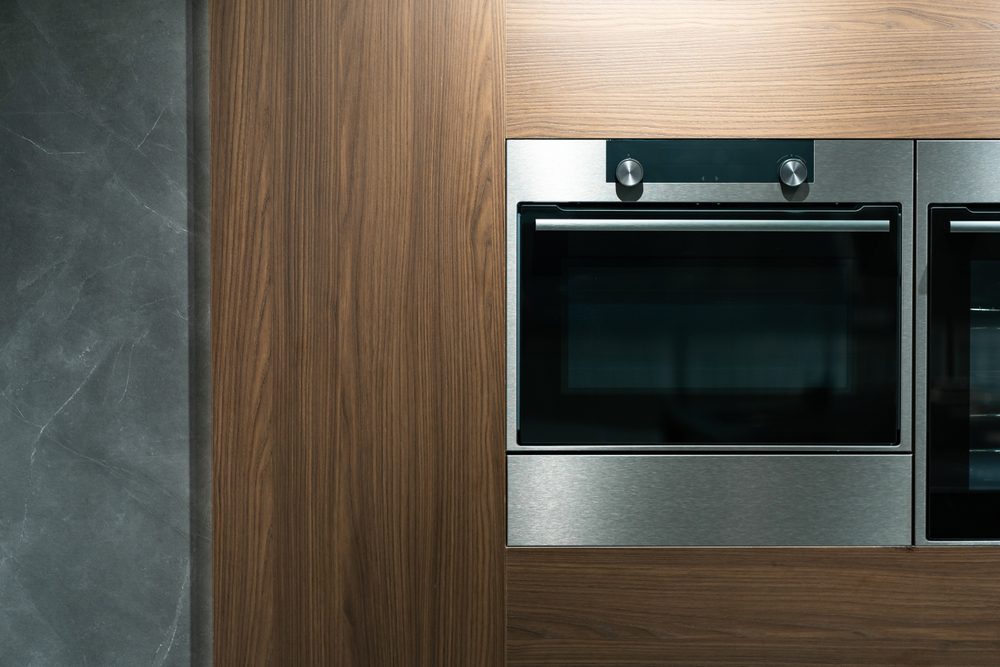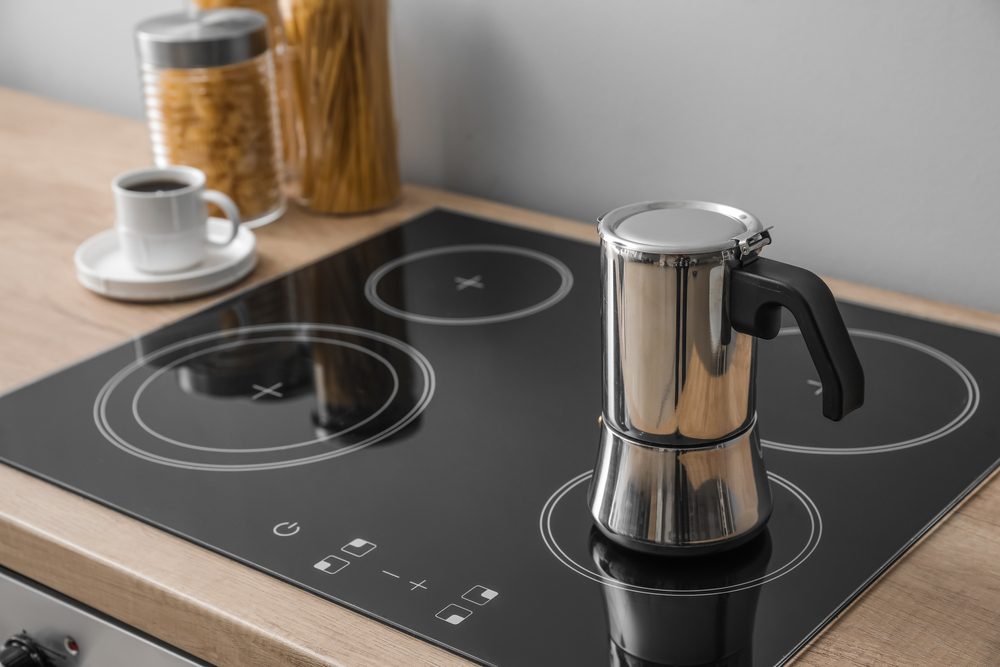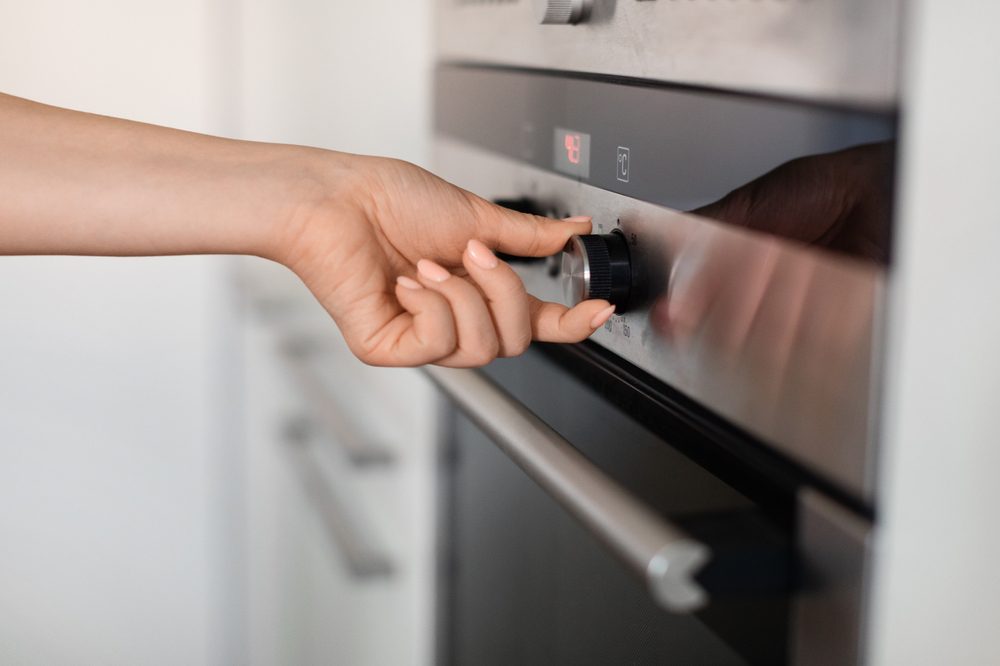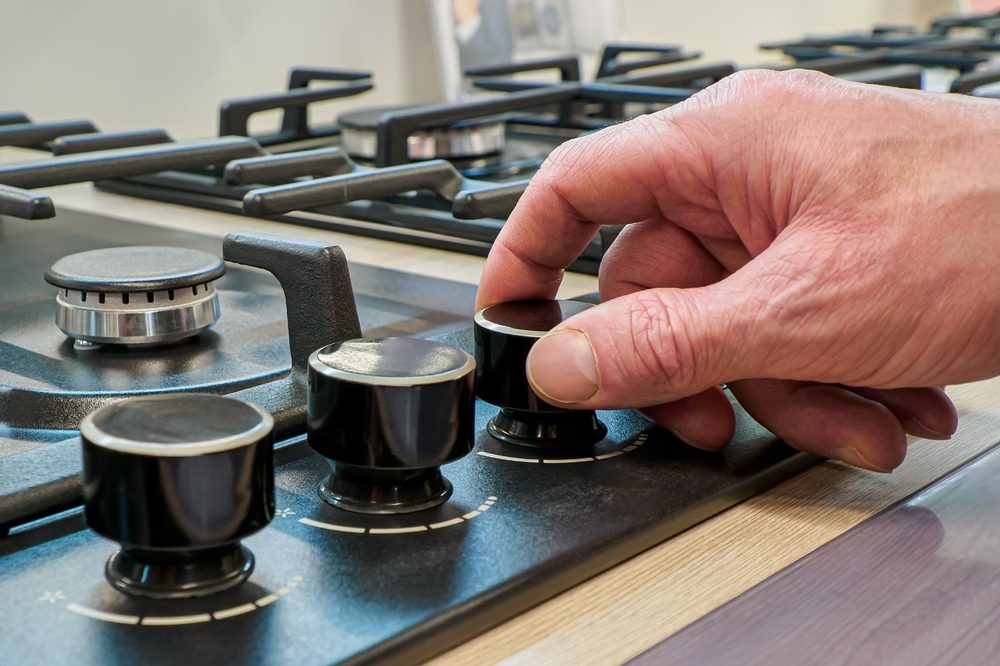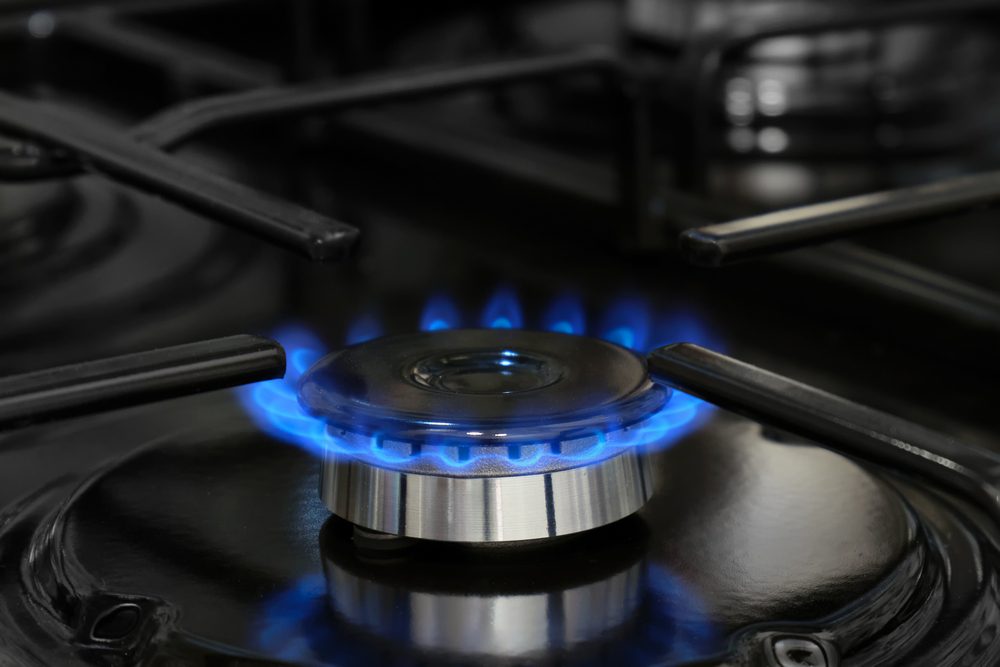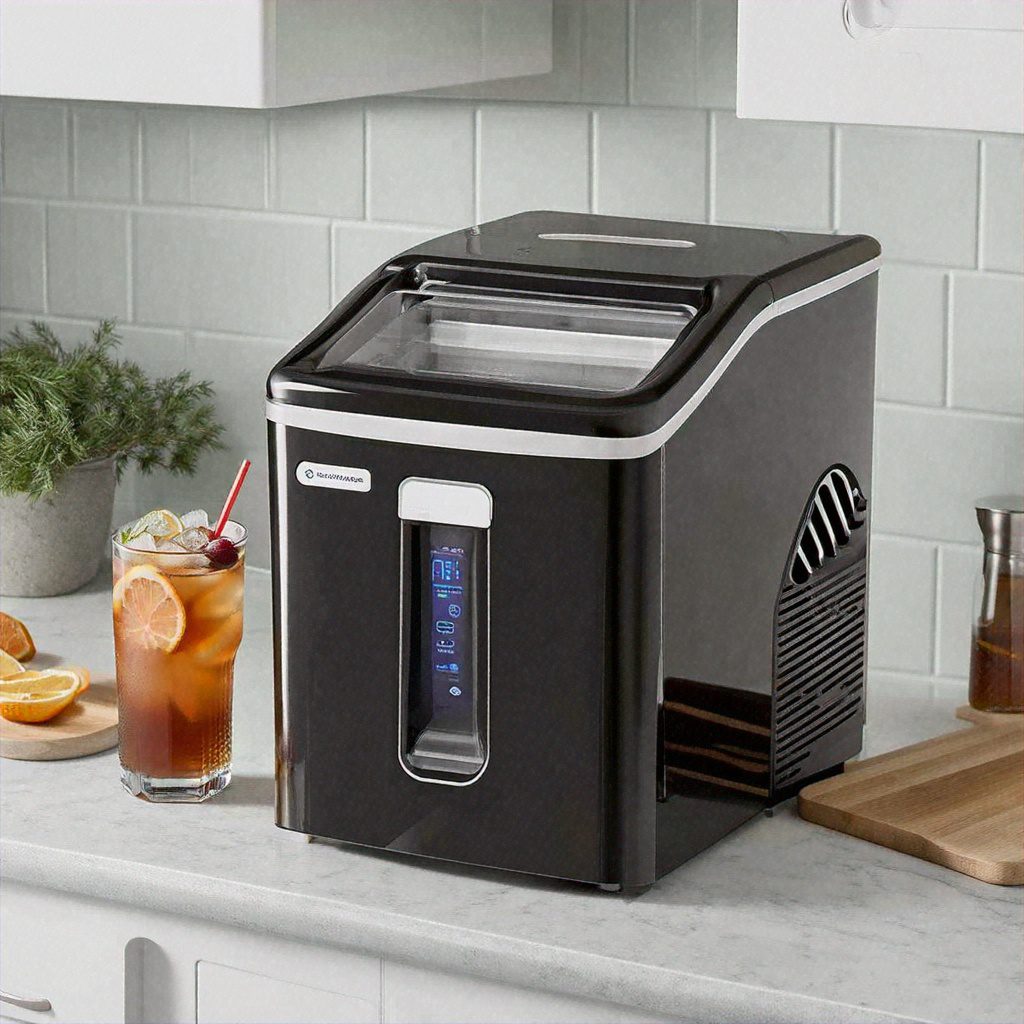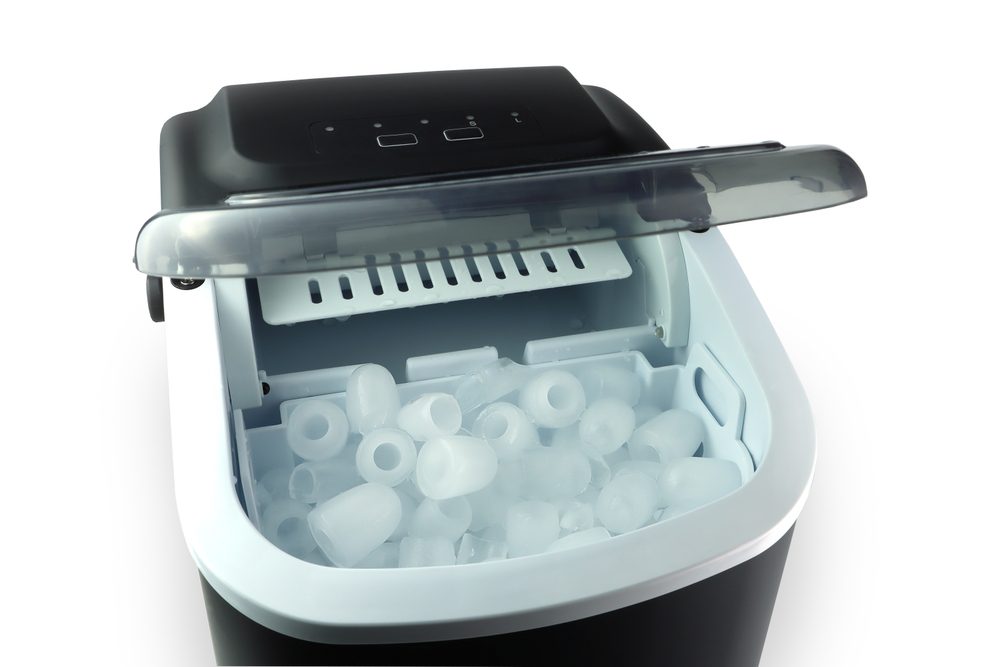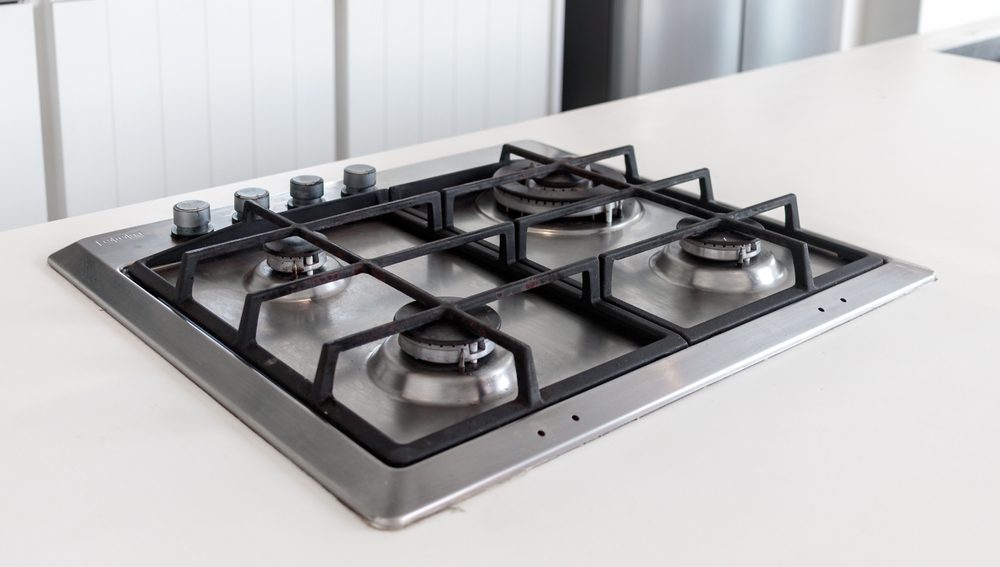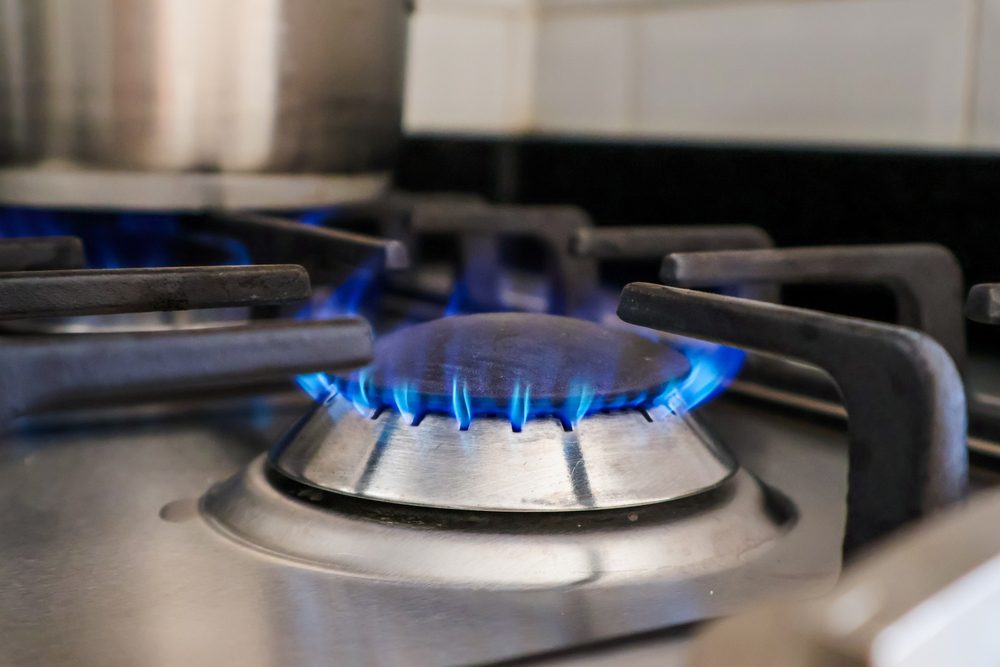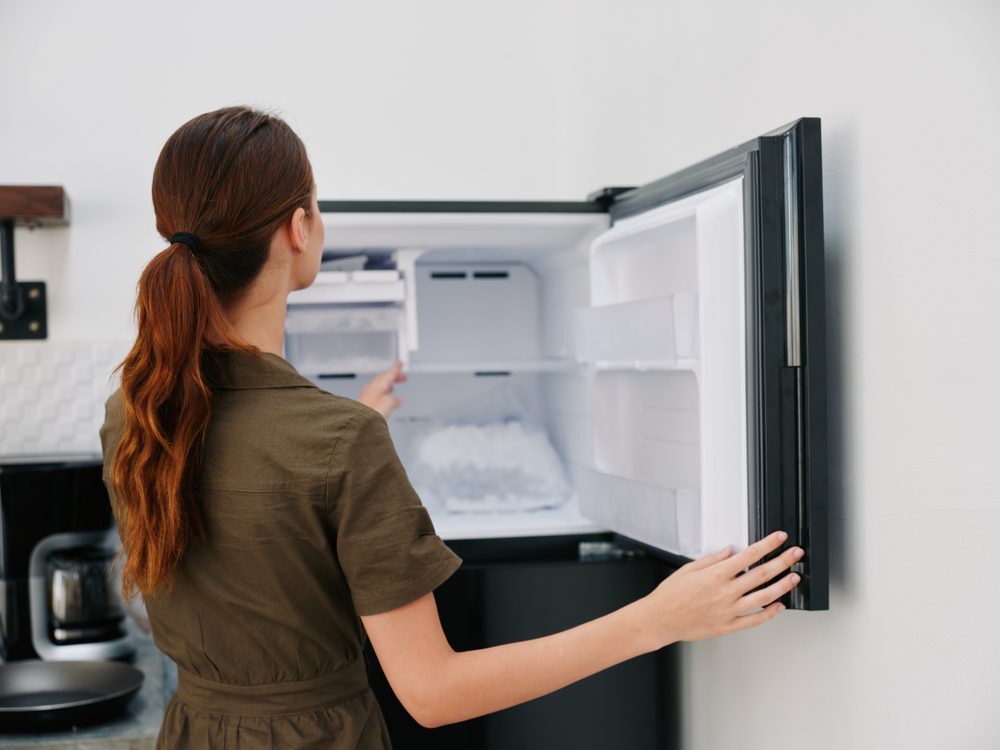Freezers don’t run continuously but instead cycle on and off to maintain the right temperature. Understanding these cycles and how often freezers run can help you improve energy efficiency, troubleshoot problems, and avoid unnecessary repairs.
Let’s explore what affects freezer cycles and how you can keep yours running smoothly.
How Freezer Cycles Work
Freezers operate in cycles to keep a consistent temperature. The compressor kicks in to cool things back down when the inside temperature rises above the set level. Once the ideal temperature is reached, the compressor shuts off until it’s needed again.
On average, freezers run for about 30 minutes to an hour per cycle, depending on the model. These cycles typically add up to about 12-16 hours of runtime per day.
However, this can vary based on factors like the environment, the freezer’s condition, and how often it’s used.
Factors That Affect How Often Freezers Run
Several factors can influence how frequently and how long your freezer cycles:
- Ambient Temperature: Freezers in warm environments, like garages, have to work harder to maintain their temperature. Cooler surroundings result in less frequent cycling.
- How Often You Open It: Every time you open the freezer, warm air enters, and the compressor has to work to cool it back down.
- What’s Inside: A full freezer runs more efficiently because frozen items help keep the temperature stable. An empty freezer cycles more often as it tries to maintain the cold air.
- Door Seal Condition: Worn or leaky seals allow warm air to seep in, causing the compressor to run longer and more often.
How Often Should a Freezer Run?
In general, freezers cycle on and off throughout the day, running about 12-16 hours total to maintain a consistent temperature of 0°F (-18°C), which is ideal for preserving food.
If your freezer seems to be running constantly, it may indicate a problem. Common issues include dirty condenser coils, a faulty thermostat, or poor ventilation. Take some time to observe your freezer’s cycles. If it seems to run more frequently or for longer than usual, it’s worth investigating further.
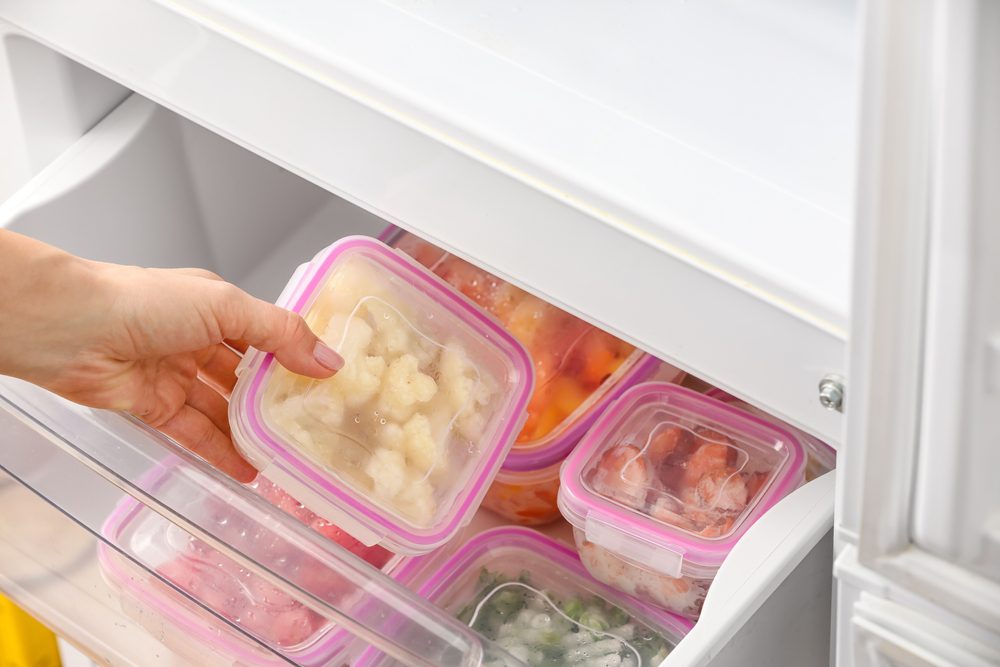
Freezers don’t run continuously but instead cycle on and off to maintain the right temperature. Understanding these cycles and how often freezers run can help you improve energy efficiency, troubleshoot problems, and avoid unnecessary repairs.
Let’s explore what affects freezer cycles and how you can keep yours running smoothly.
How Freezer Cycles Work
Freezers operate in cycles to keep a consistent temperature. The compressor kicks in to cool things back down when the inside temperature rises above the set level. Once the ideal temperature is reached, the compressor shuts off until it’s needed again.
On average, freezers run for about 30 minutes to an hour per cycle, depending on the model. These cycles typically add up to about 12-16 hours of runtime per day.
However, this can vary based on factors like the environment, the freezer’s condition, and how often it’s used.
Factors That Affect How Often Freezers Run
Several factors can influence how frequently and how long your freezer cycles:
- Ambient Temperature: Freezers in warm environments, like garages, have to work harder to maintain their temperature. Cooler surroundings result in less frequent cycling.
- How Often You Open It: Every time you open the freezer, warm air enters, and the compressor has to work to cool it back down.
- What’s Inside: A full freezer runs more efficiently because frozen items help keep the temperature stable. An empty freezer cycles more often as it tries to maintain the cold air.
- Door Seal Condition: Worn or leaky seals allow warm air to seep in, causing the compressor to run longer and more often.
How Often Should a Freezer Run?
In general, freezers cycle on and off throughout the day, running about 12-16 hours total to maintain a consistent temperature of 0°F (-18°C), which is ideal for preserving food.
If your freezer seems to be running constantly, it may indicate a problem. Common issues include dirty condenser coils, a faulty thermostat, or poor ventilation. Take some time to observe your freezer’s cycles. If it seems to run more frequently or for longer than usual, it’s worth investigating further.




